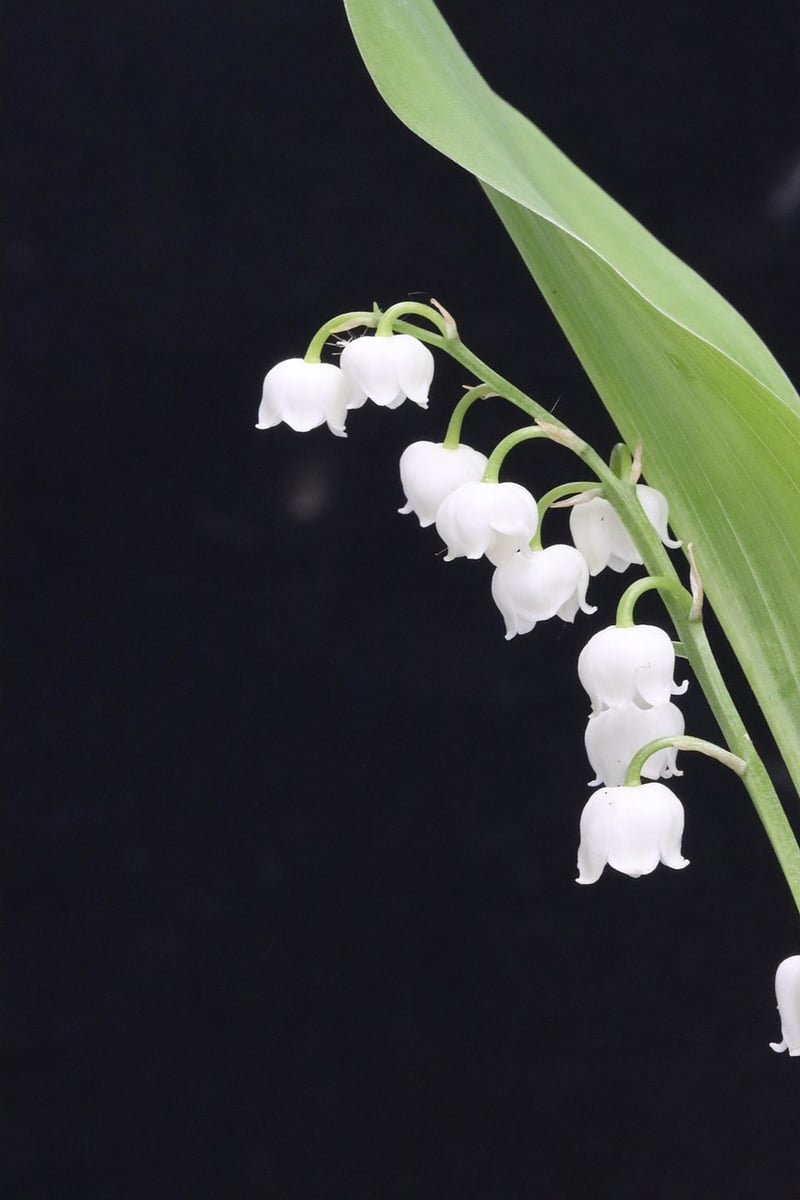Light Requirements
Keeping Your Vertical Garden Healthy: Understanding Light Requirements

The Importance of Light in Vertical Gardens
Vertical gardens are a great way to bring greenery into limited spaces, but proper care is essential to keep them healthy and thriving. One crucial factor in maintaining a lush vertical garden is understanding the light requirements of the plants you choose to grow.
Types of Light
There are three main types of light that plants need:
- Full Sunlight: Plants that require full sunlight need at least 6 hours of direct sunlight each day.
- Partial Sunlight: Plants that thrive in partial sunlight can tolerate 3-6 hours of direct sunlight daily.
- Low Light: Plants that can thrive in low light conditions require minimal direct sunlight, making them ideal for shaded areas.
Choosing the Right Plants
When setting up your vertical garden, consider the light conditions in the area where it will be placed. Select plants that are suitable for the available light levels to ensure they receive the necessary energy for photosynthesis.
Caring for Your Vertical Garden
Here are some tips to keep your vertical garden healthy:
- Rotate your plants regularly to ensure even exposure to sunlight.
- Monitor the moisture levels in the soil to prevent overwatering or underwatering.
- Regularly inspect your plants for signs of pests or disease and take appropriate action.
- Prune and trim your plants as needed to promote healthy growth.
Conclusion
By understanding the light requirements of your vertical garden plants and providing them with the care they need, you can enjoy a thriving indoor or outdoor garden that adds beauty and freshness to your living space.
Remember, proper light exposure is key to the success of your vertical garden, so choose your plants wisely and give them the light they need to flourish.
